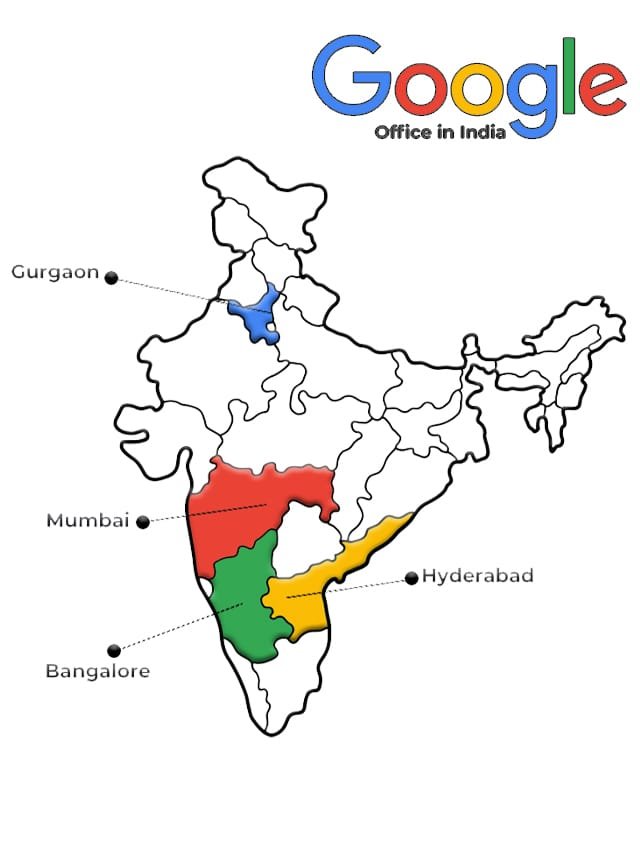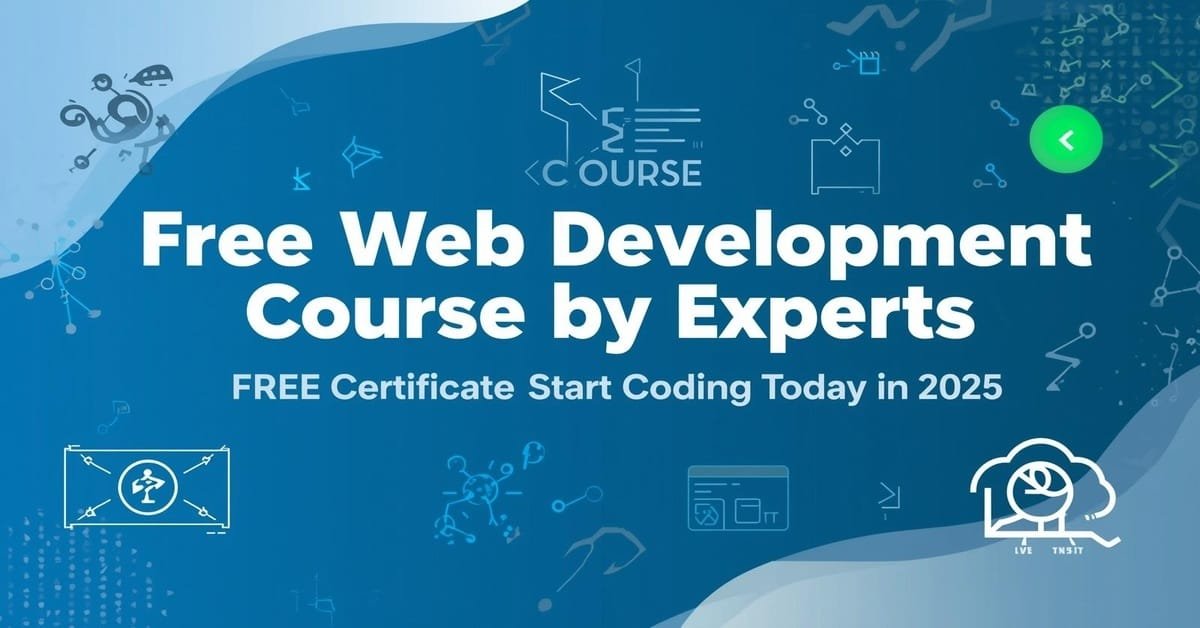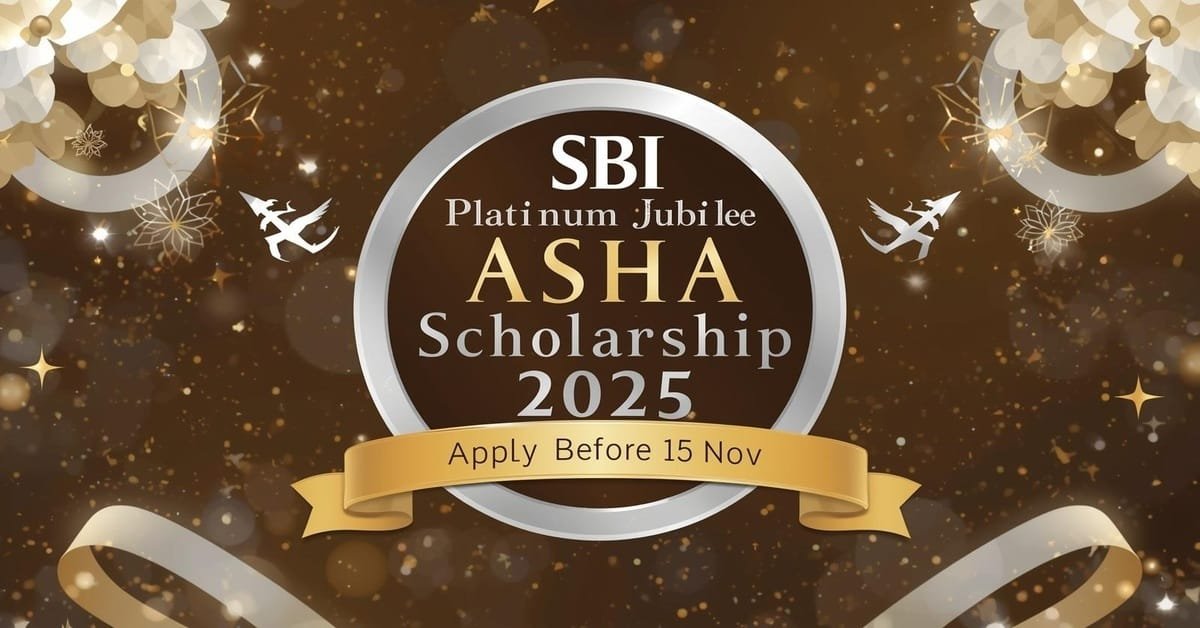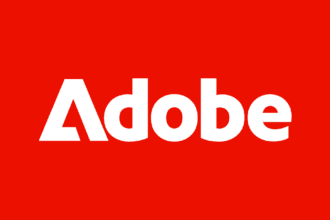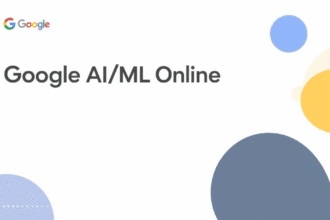Have you ever asked yourself: “Can I get a high-quality entrepreneurship education from a reputable university — for free — and actually apply it in 2025?” Or “Is there a free course from the University of Barcelona to help me build my startup idea, even as a total beginner?” If yes, then here’s your answer: in this article, I’ll walk you through everything about the “University of Barcelona FREE Entrepreneurship Course 2025 – for beginners & Apply Now” — what it offers, how to enroll, what you’ll learn, benefits, comparisons, and FAQs you must know before applying.
- Why this “University of Barcelona FREE Entrepreneurship Course 2025” makes a compelling headline
- What is the “University of Barcelona FREE Entrepreneurship Course 2025”?
- Why choose this “University of Barcelona FREE Entrepreneurship Course 2025” (or UB-backed innovation course)?
- What you (as a learner) will learn: Course curriculum & skills
- How to enroll and possibly get the certificate (step by step)
- Benefits of enrolling in this course (for your readers)
- Comparison: UB’s entrepreneurship MOOC vs other free entrepreneurship courses in 2025
- Tips to maximize your learning from this course
- Related Posts
- Frequently Asked Questions (FAQs)
- Bringing it all together: sample article flow (your final version should weave these elements naturally)
- Final Closing Note & Call to Action
Why this “University of Barcelona FREE Entrepreneurship Course 2025” makes a compelling headline
- The phrase “FREE Entrepreneurship Course 2025” catches attention, especially for learners and aspiring entrepreneurs.
- Adding “University of Barcelona” gives prestige and trust.
- “For beginners & Apply Now” gives clarity (who it’s for) and urgency (call to action).
- Your audience—students, early professionals, hobbyists—are precisely those searching for free, credible, upskilling opportunities.
We’ll make sure this article guides end to end — from understanding the offer to taking action.

What is the “University of Barcelona FREE Entrepreneurship Course 2025”?
After research, the closest match is The Entrepreneur’s Guide for Beginners, offered via Coursera, by Universitat de Barcelona.
Key facts about this course
- Title: The Entrepreneur’s Guide for Beginners
- Provider: Universitat de Barcelona (via Coursera)
- Level: Beginner, no prior experience required
- Duration: ~5 hours of content across modules
- Modules: 5 modules including entrepreneurship overview, business model, validation, business planning, funding
- Certificate: It offers a shareable certificate if you complete assignments and purchase the certificate experience (or possibly via financial aid)
- Languages: English (with subtitles, etc.)
- Learners already enrolled: 42,713+
So, strictly speaking, this is not necessarily a “100% free certificate” course — while the course content is free (audit mode), the certificate often requires payment (unless financial aid is approved). Coursera’s model is common: free access to lectures, assignments (in many cases), but verified certificate is paid.
However, many CourseBhai readers might join this course (free content) and then decide whether certificate is worth paying for, or apply for financial aid. Because the brand is a respected university (Barcelona), this course can credibly be marketed as a “University of Barcelona entrepreneurship learning opportunity.”
Also, there are other entrepreneurship / incubation / innovation programs run by University of Barcelona’s “StartUB!” initiative. For example, Programa Explorer 2025 is a 100% online 12-week entrepreneurship program run by UB. That’s not exactly a “free certificate course,” but is relevant in UB’s entrepreneurship ecosystem.
Given that, your article should clarify that the University of Barcelona entrepreneurship course free option refers to “The Entrepreneur’s Guide for Beginners” via Coursera, and also highlight UB’s entrepreneurship programs (StartUB!). This gives clarity and authenticity.
From here, I will build the article around this known course and UB’s ecosystem.
Why choose this “University of Barcelona FREE Entrepreneurship Course 2025” (or UB-backed innovation course)?
✅ Strengths & appeal
- Credible institution backing — Universitat de Barcelona is a recognized university.
- Low barrier entry — Beginners with no prior business experience can join.
- Flexible learning — Self-paced, accessible globally via Coursera.
- Concise yet comprehensive modules — covers key entrepreneurship pillars (business model, validation, planning, funding).
- Shareable certificate option — useful for resume / LinkedIn (if you either pay or qualify for aid).
- Part of UB’s broader entrepreneurship initiatives — e.g. StartUB! supports incubation, innovation, startup ideas.
- Online reach — Potentially available to learners across the world, not just in Spain.
⚠️ Limitations & caveats (must mention in your article)
- The certificate is not always free — the free “audit” mode allows access to video content, but certificate requires “certificate purchase” or application for financial aid.
- Depth may be limited — with just 5 hours across modules, this is an introduction, not deep venture building.
- No heavy mentorship / handholding — typical MOOCs are more self-driven than in-person programs.
- Recognition of certificate depends on employer or regional acceptance — some may not count a MOOC certificate as strongly as formal education.
- UB’s entrepreneurship programs like Explorer may enroll limited cohorts or have application deadlines.
- The “University of Barcelona FREE Entrepreneurship Course 2025” phrasing must be clarified — it’s not always UB running a fully free certificate program on its own.
Your article should explicitly mention these to maintain transparency and trust with your readers.
What you (as a learner) will learn: Course curriculum & skills
Here is a breakdown of modules and core skills from The Entrepreneur’s Guide for Beginners (UB via Coursera).
| Module | Topics Covered | Skills / Outcomes |
|---|---|---|
| 1. Entrepreneurship: an overview | Concepts of entrepreneurship, creative process, idea generation, teams, first financing | Foundational mindset, spotting opportunities |
| 2. Business Model Canvas | Value proposition, customer segments, channels, revenue streams, cost structure, key partners | Framing and mapping business model |
| 3. Business Model Validation: Lean Startup | Customer discovery, MVP, metrics, validation, early adopters | Validating ideas, iterative development |
| 4. Business Plan | SWOT, strategic plan, marketing plan, organization, financial plan, legal structure | Creating a plan, holistic business view |
| 5. Funding | Types of capital (private, public), grants, investor perspectives | Understanding how to raise and manage financing |
Skills you’ll gain include:
- Entrepreneurship mindset & ideation
- Business modeling & value proposition design
- Lean startup methods & idea validation
- Strategic planning & business operations
- Funding strategies & capital sources
You can emphasize to your readers: this is a strong introductory entrepreneurship learning path — ideal for beginners wanting structured exposure.
If you want, you can also mention UB’s Explorer 2025 program structure (introduction, research, prototype, monetize) as an example of a longer, more immersive experience.
How to enroll and possibly get the certificate (step by step)
Here’s how your readers can take action — adapt based on changes:
- Go to the Coursera course page
Search “The Entrepreneur’s Guide for Beginners – Universitat de Barcelona” on Coursera. - Choose “Enroll for free” / audit mode
This gives free access to video lessons and many materials. - Decide whether to opt for certificate / financial aid
- If you want the shareable certificate, purchase the certificate experience.
- If unable to pay, see if financial aid / scholarship option is available (Coursera often offers this).
- Complete all modules and assignments
To earn the certificate you’ll likely need to finish graded assignments, pass quizzes, submit required work. - Download certificate or share link
After completion and verification, you can claim the certificate. Then add it to your LinkedIn, resume, portfolio. - Optional: Join UB’s StartUB! or Explorer programs
For those wanting a deeper, cohort-based entrepreneurship path, check the Programa Explorer 2025 by UB (online 12 weeks). - Show your work and portfolio
Use your business model, prototype, validation results to present to recruiters / investors / competitions.
Important tip: Before writing your article, check current Coursera policy on free vs paid certificate, and whether the certificate is included or via purchase or aid. Policies can change.
Benefits of enrolling in this course (for your readers)
- Zero or low cost to get started (audit free mode)
- Credible affiliation with University of Barcelona enhances resume appeal
- Structured, digestible learning in entrepreneurship fundamentals
- Flexibility — learn at your own pace online
- Option for certificate — shareable proof of completion
- Gateway to more UB programs (e.g. StartUB, Explorer)
- Network and knowledge — peers and mentors via the MOOC’s discussion forums
- Idea to action path — from ideation to business planning and funding knowledge
Comparison: UB’s entrepreneurship MOOC vs other free entrepreneurship courses in 2025
| Platform / Course | Cost structure | Certificate policy | Strengths | Weaknesses |
|---|---|---|---|---|
| UB / Coursera “The Entrepreneur’s Guide” | Free audit, paid certificate or aid | Certificate via paid option / financial aid | Prestigious university backing, good modular structure | Short / introductory level, certificate not always free |
| UB Explorer 2025 | Online, cohort-based (some UB support) | May or may not include certificate | More hands-on and immersive | Limited slots, possibly selective |
| EdX / MIT / Harvard Free Entrepreneurship MOOCs | Free to audit, certificate paid | Similar model | Strong reputations, deeper content | More expensive certificate, possibly more advanced |
| Small MOOCs / local platforms | Sometimes free certificate | Varies | Accessible, localized | Lower brand recognition, less depth |
| Incubators / startup accelerators (free training) | Free training, but certificate not always formal | Usually no formal certificate | Real mentorship & networking | Limited reach, selective |
For your readers, the UB / Coursera course strikes a balance of accessibility, reputation, and structured learning. Use that in your article to position it as a strong starting point.
Tips to maximize your learning from this course
Here are tactical suggestions your readers will appreciate:
- Set a goal & schedule — e.g. complete one module per day or two per week.
- Take notes & summaries — summarizing what you learn helps internalization.
- Engage in discussion forums — ask questions, help others, network.
- Apply learning via mini-projects — try framing your own business idea using the Canvas and validation steps.
- Use external tools — e.g. Lean Canvas tools, customer surveys, prototyping tools.
- Refactor and revisit — after finishing, revisit earlier modules with fresh understanding.
- Show proof of work — blog or portfolio your business model, validation, pitch.
- Seek feedback — from peers, mentors, startup communities.
- Explore UB’s startup ecosystem — use StartUB! or Explorer for extended support.
- Monitor certificate & course policy changes — platforms may update terms, so act sooner if certificate is free temporarily.

Related Posts
- Zebronics Internship 2026 Stipend Apply Guide
- Microsoft Security Assurance Internship 2025
- IBM Free Prompt Engineering Course 2026
- Cisco Women Internship 2026 Software Engineer
- HP Internship 2026 Bengaluru Apply Online
Frequently Asked Questions (FAQs)
Here are common questions your readers will search. Use them in your article to boost SEO and clarity.
1. Is the University of Barcelona entrepreneurship course completely free, including certificate?
Partially. The course content (videos, lessons, assignments) is available in audit / free mode on Coursera. However, to receive the shareable / verified certificate, you typically need to pay for the certificate experience or obtain financial aid. Always check current policy before enrolling.
2. Who can apply?
Anyone — students, graduates, working professionals, entrepreneurs — globally. No prior business experience required.
3. How many hours does it take?
Around 5 hours worth of video content and assignments across 5 modules.
4. Can I get academic credit or recognition?
This MOOC course generally does not grant university credit. But UB’s local entrepreneurship programs (Explorer, StartUB) may have recognition or certificate of completion within UB’s ecosystem.
5. Is this course recognized by employers?
A certificate from UB is likely to be viewed favorably, but more important is your projects, business models, validation proof rather than certificate alone.
Bringing it all together: sample article flow (your final version should weave these elements naturally)
- Engaging intro with questions
- Define what “University of Barcelona FREE Entrepreneurship Course 2025” refers to (Coursera + UB initiatives)
- Why this offer matters (benefits, credibility)
- Course curriculum & skills you’ll get
- How to enroll & claim certificate
- Benefits & caveats
- Comparison vs other free / paid entrepreneurship courses
- Tips to get maximum value
- FAQs
- Closing note & call to action
Final Closing Note & Call to Action
Thank you for reading this detailed guide on University of Barcelona FREE Entrepreneurship Course 2025 – for beginners & Apply Now. I hope it gives clarity, direction, and confidence to your next learning decision.
If you found this valuable, please follow CourseBhai on social media, enable push notifications, and subscribe to our newsletter — we’ll send you instant updates on new free courses, internships, scholarships, and job opportunities. Let’s learn, grow, and build together.
See you on CourseBhai!



